It is June 1879.
Ulysses S. Grant, the former president, is in Berlin on his two-year world tour.
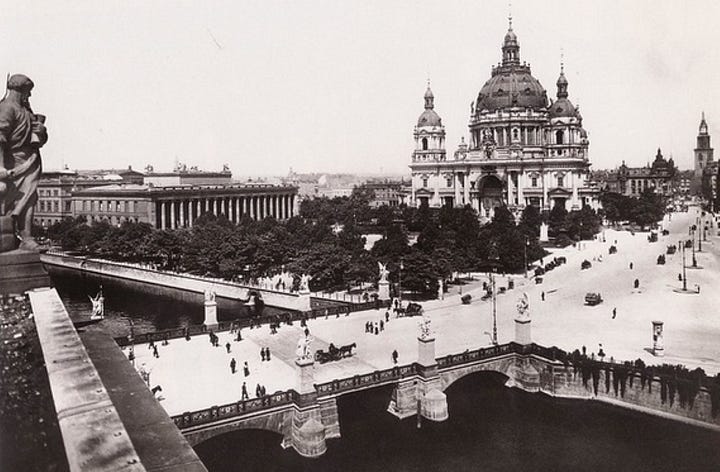
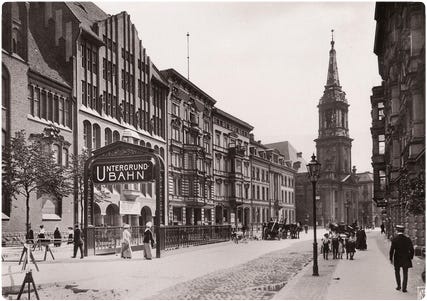
He has walked down the Unter den Linden, the wide boulevard that has long been the major street in Berlin, and through most of the city.
He has received a request for a meeting from Prince Otto von Bismarck, the German Chancellor, who had created a unified Germany eight years before.
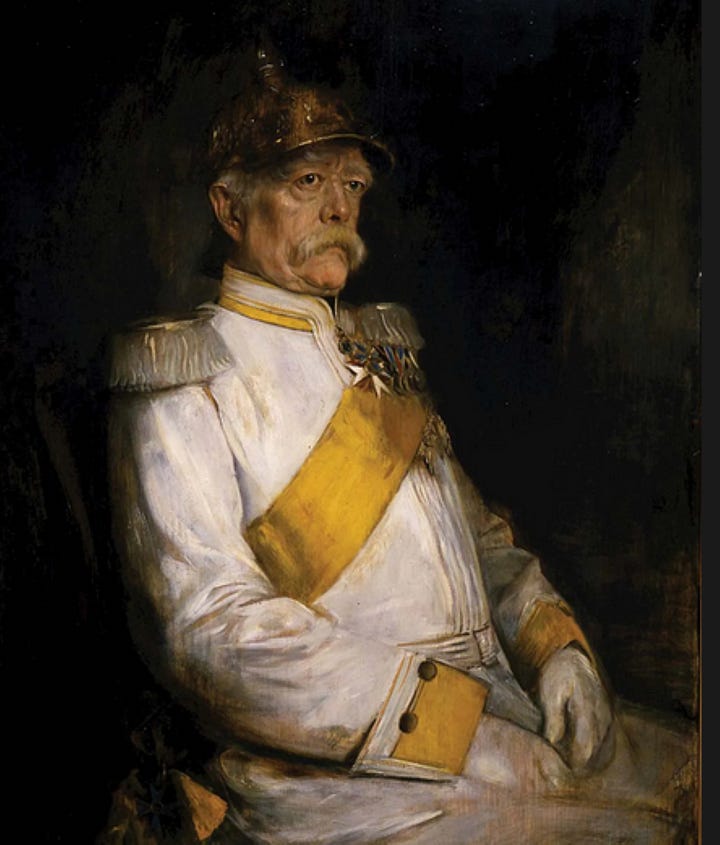
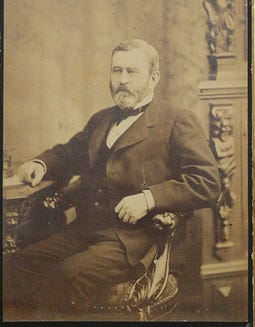
So, Grant walked the short distance to Radziwill Palace, the office of the Chancellor, and surprised the Palace guards.
They had expected that a former American president would arrive with great ceremony in a horse-drawn carriage.
Reports say Grant tipped his hat to the guards, threw his cigar in the bushes, and went inside.
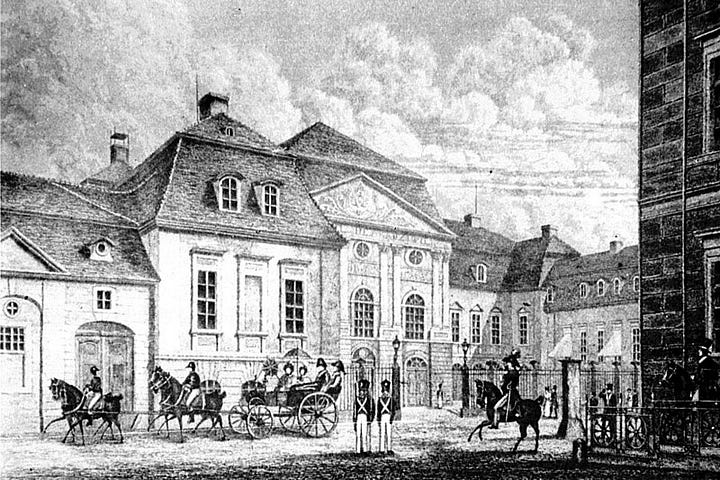
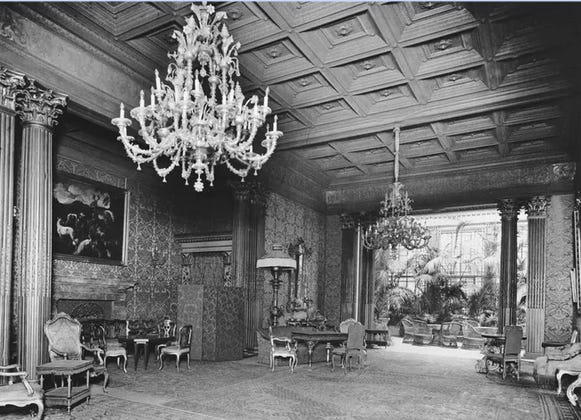
And there was Bismarck, with arms outstretched in greeting, in the marble foyer.
They went to the Palace library and sat down to talk in front of an open window which looked out onto a private park.
Bismarck tells Grant that he is surprised at Grant’s youthfulness, to which Grant, age fifty-six, replies,
‘There can be no higher compliment at my age than to be called a young man.’
Bismarck then says there is to be a military parade in Grant’s honor.
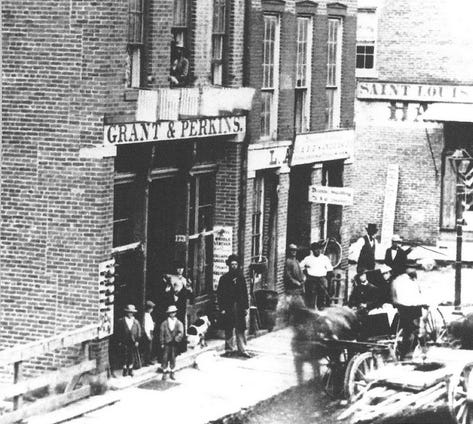
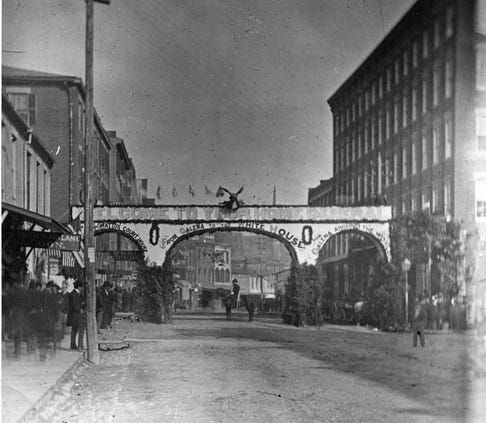
And Grant replies, "The truth is I am more of a farmer than a soldier.
I take little or no interest in military affairs,
and, although I entered the army thirty-five years ago
and have been in two wars, in Mexico as a young lieutenant, and later,
I never went in to the army without regret and never retired without pleasure.”
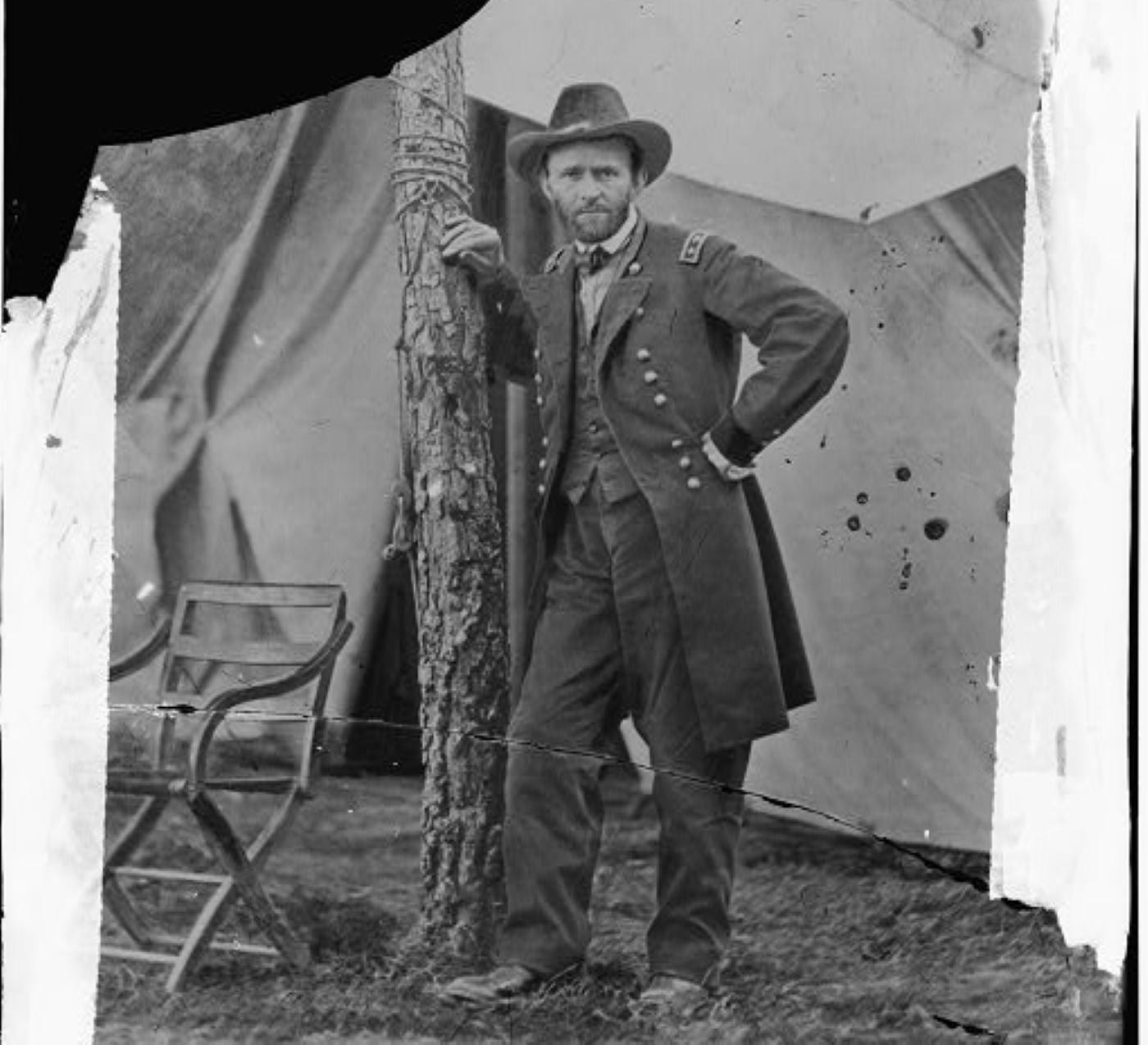
The conversation then turns to the American Civil War.
Bismarck:
“What always seemed so sad to me about your last great war was that you were fighting your own people.
That is always so terrible, so very hard.”
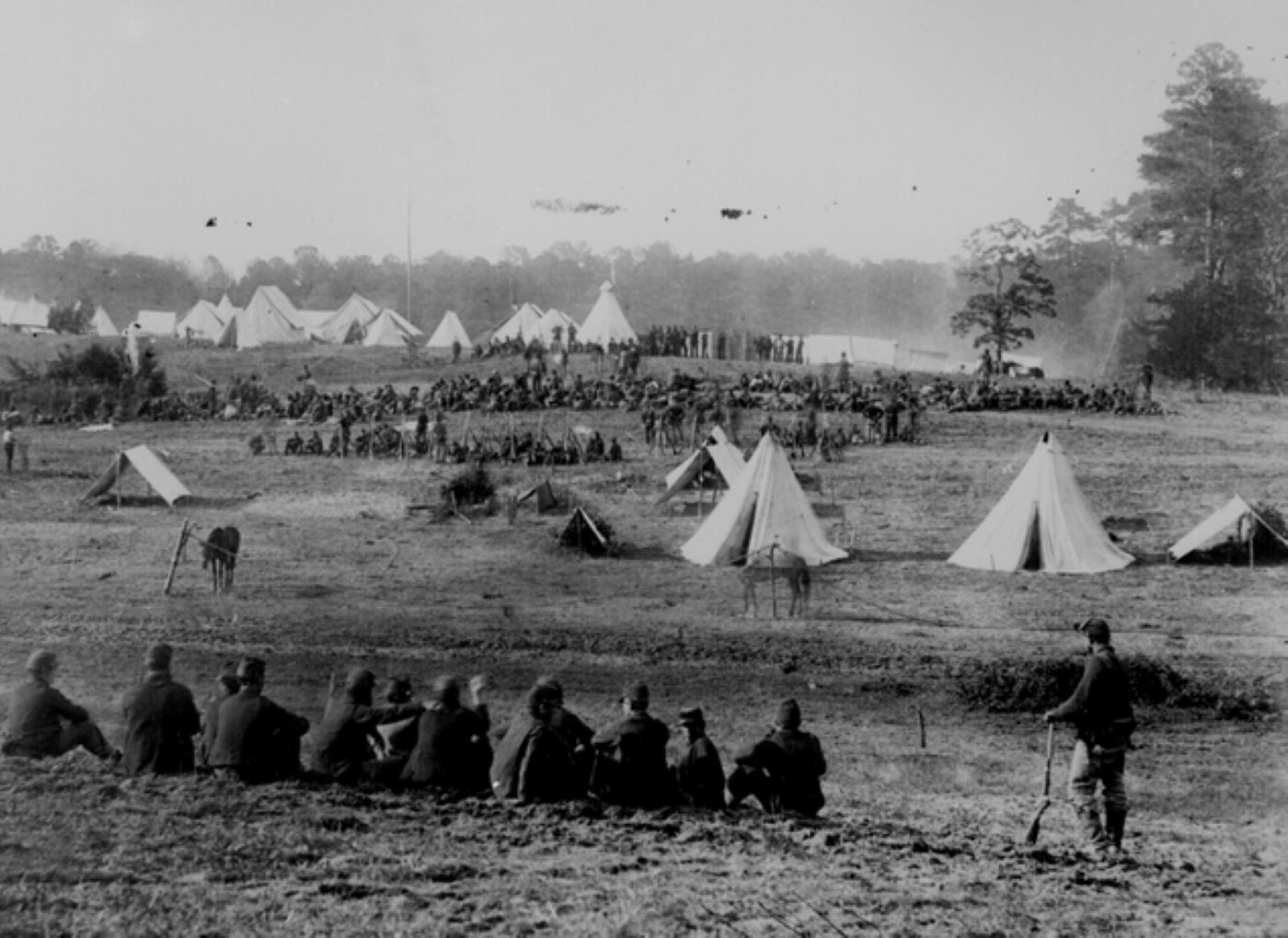
Grant replies, “But it had to be done. Not only to save the Union, but to destroy slavery.”
Bismarck then asks Grant whether preserving the Union was the dominant sentiment in fighting the war against the Confederacy.
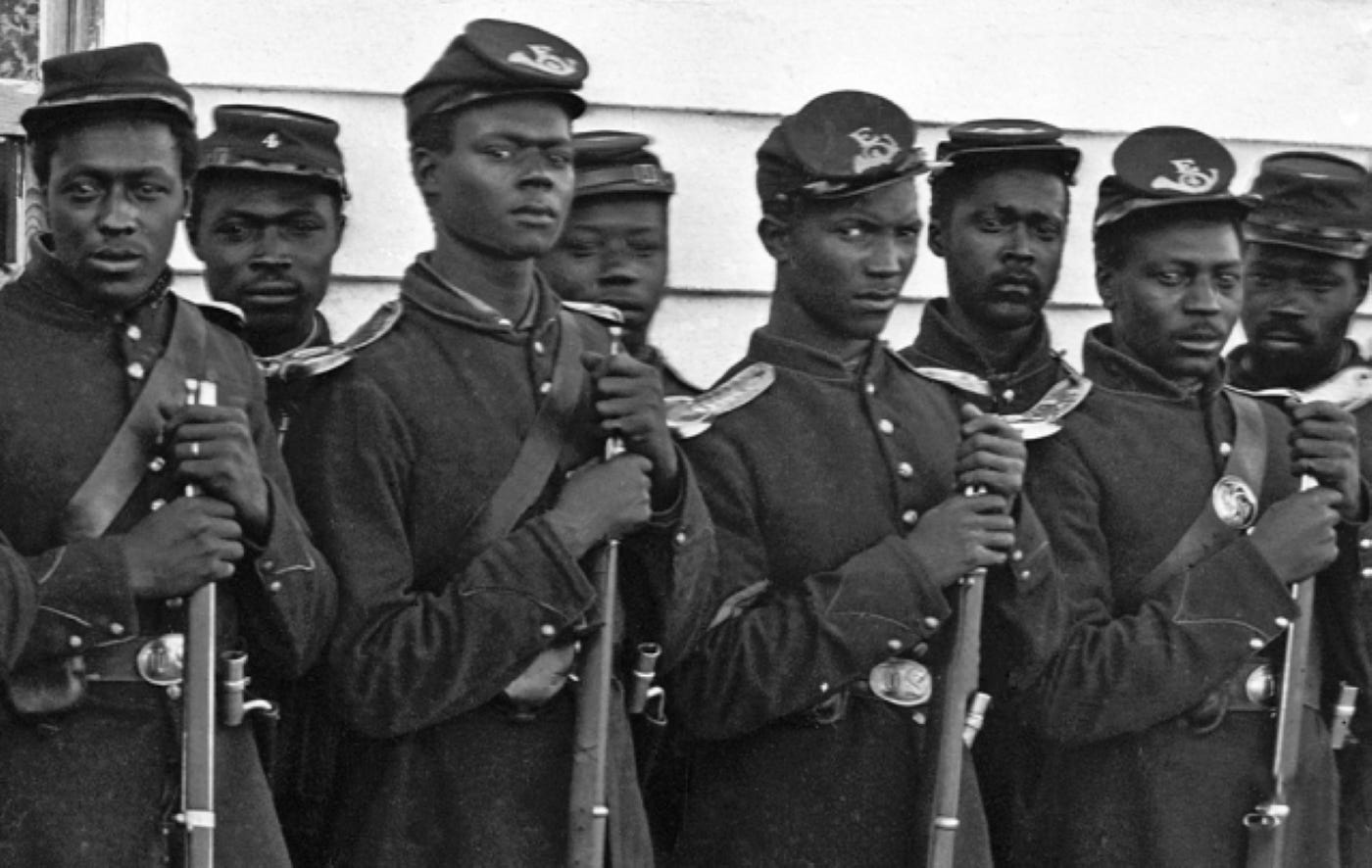
Grant says, ‘yes, in the beginning.’
“[B]ut as soon as slavery fired upon the flag, it was felt– we all felt, even those who did not object to slaves – that slavery must be destroyed.
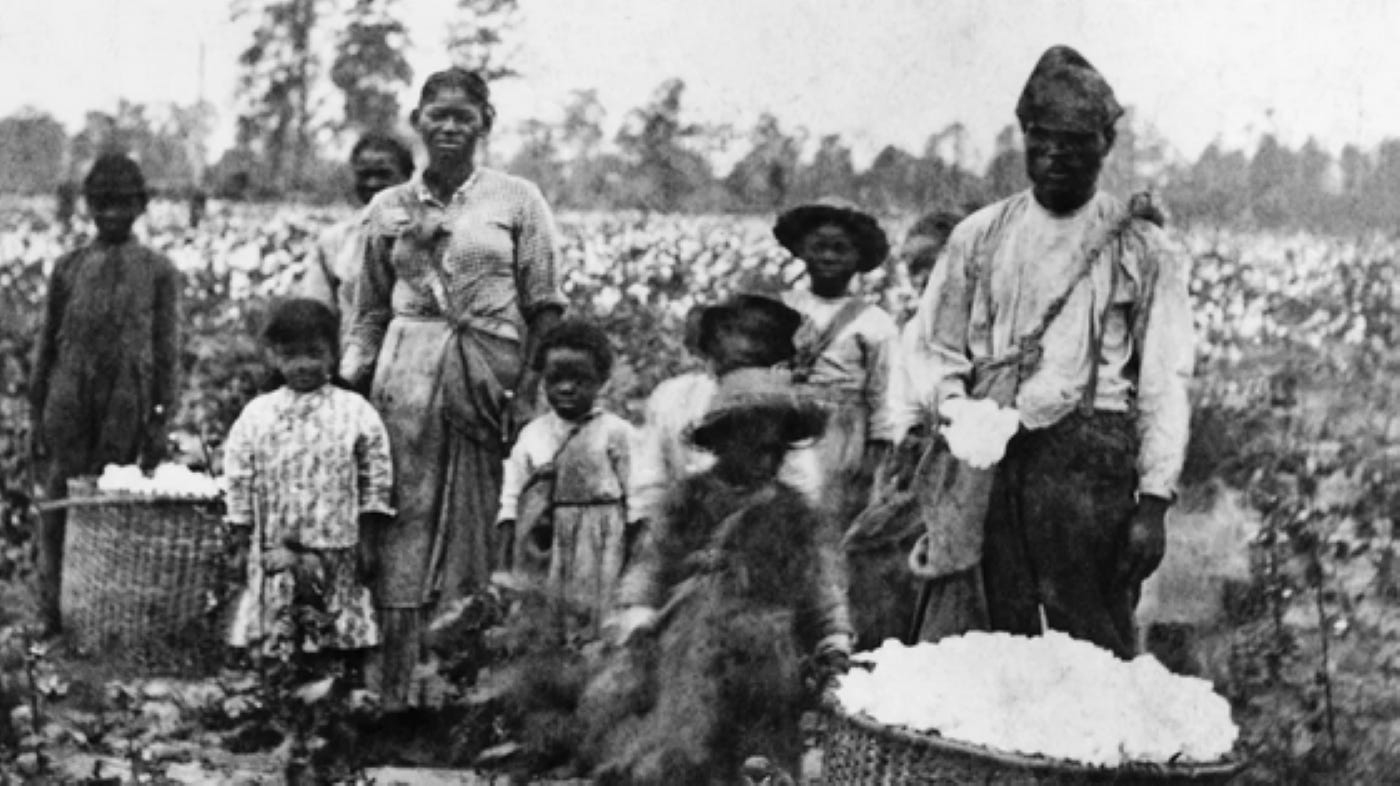
We felt that it was a stain to the Union that men should be bought and sold like cattle.
There had to be an end of slavery.
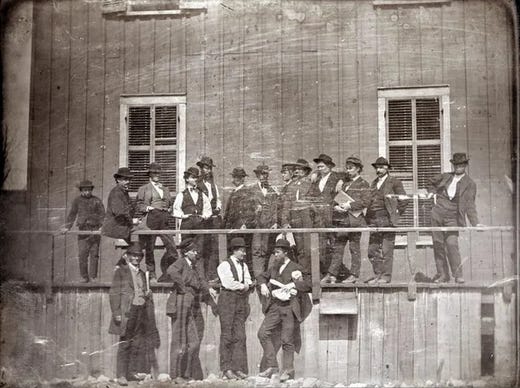
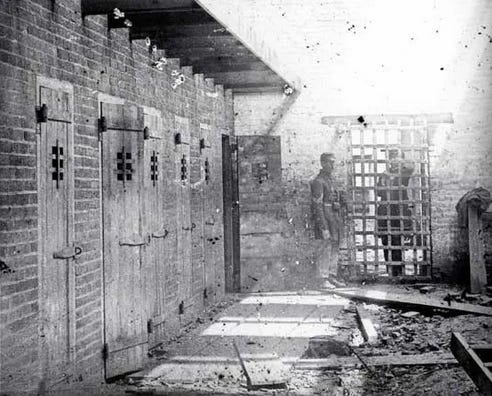
[W]e were fighting an enemy with whom we could not make a peace.
We had to destroy him.
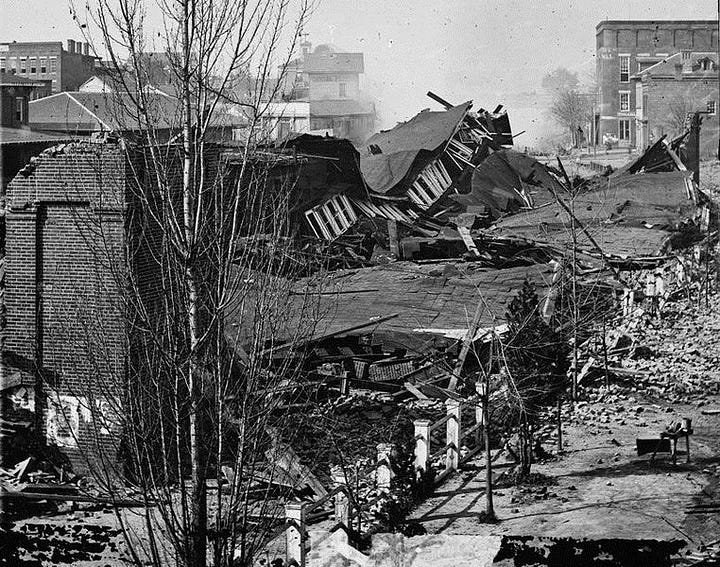
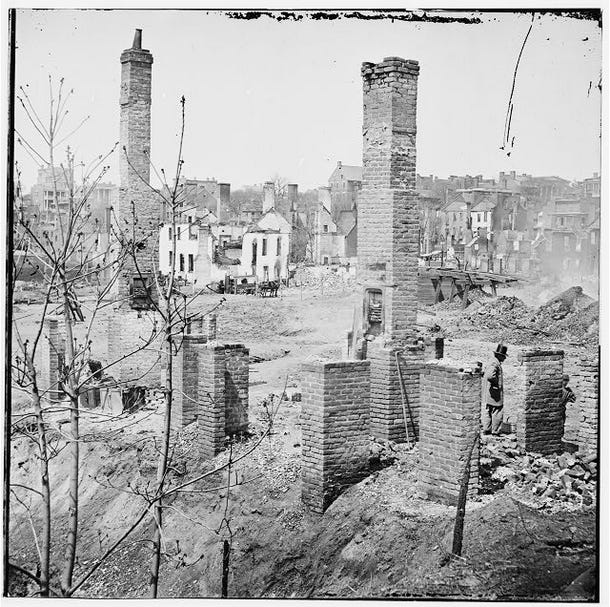
No convention, no treaty, was possible – only destruction.”
******************************
I’ll see you tomorrow.
— Brenda





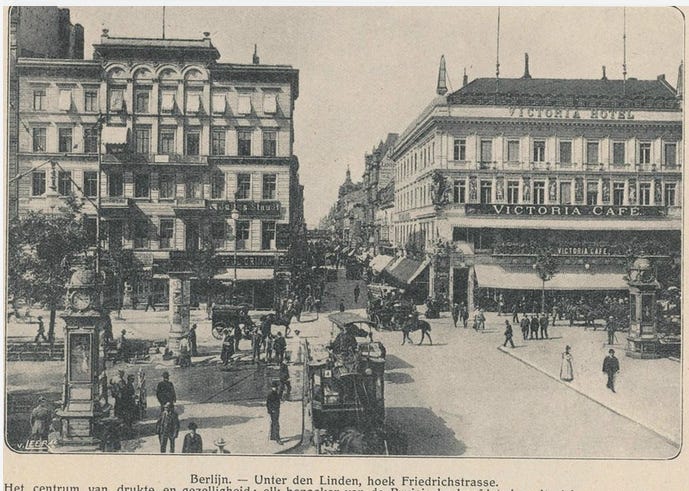
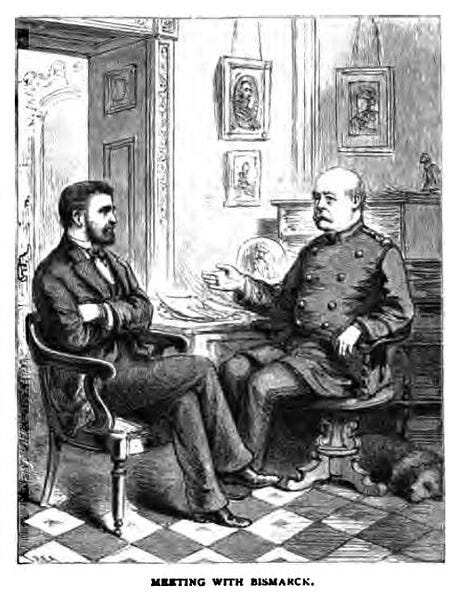
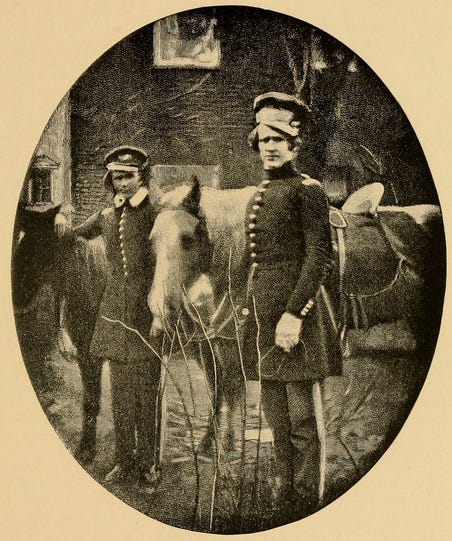









Share this post